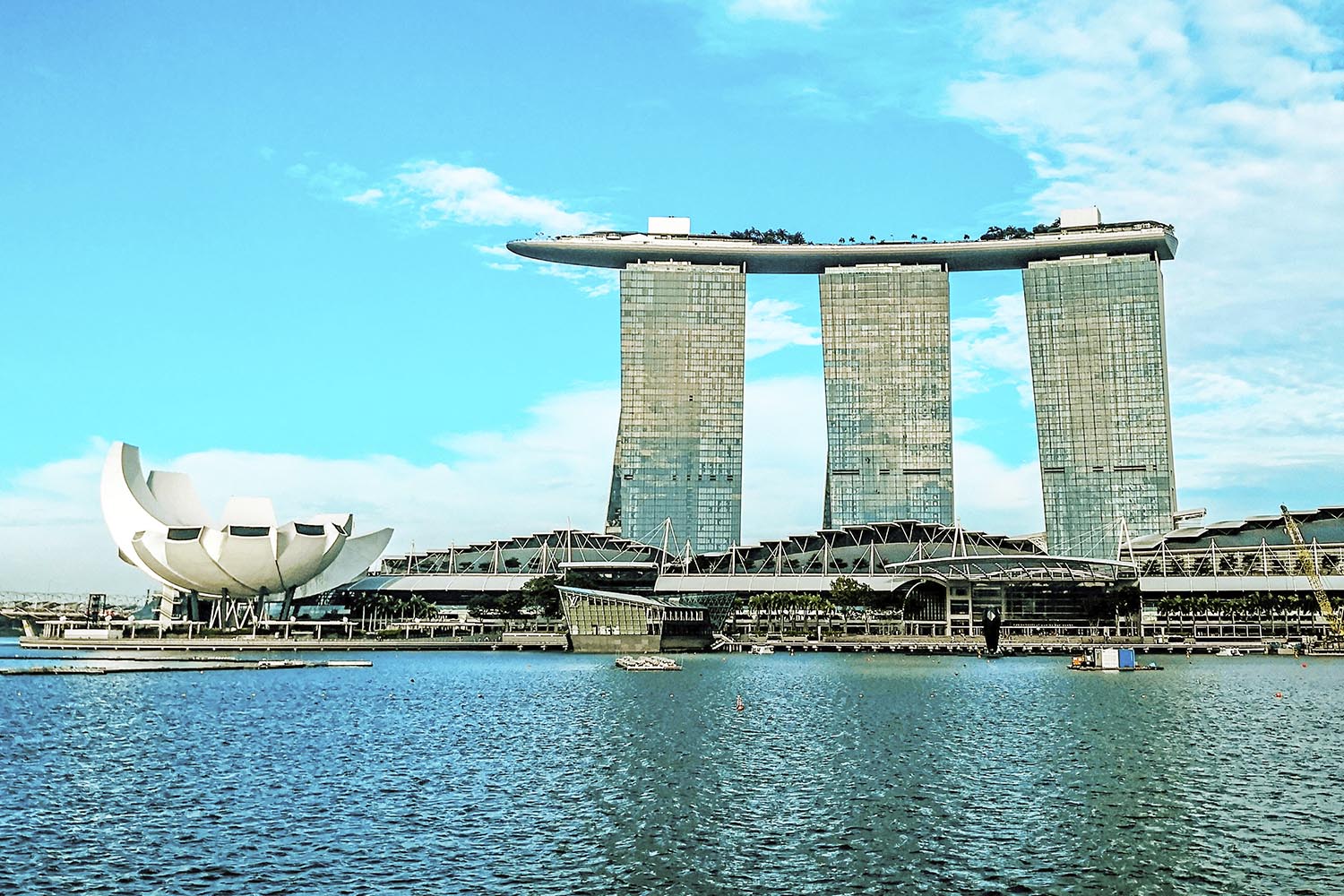
In Singapore, the process of appointing and managing arbitrators in arbitration proceedings is governed by the International Arbitration Act (“<span class="news-text_medium">IAA</span>”) and the Arbitration Act (“<span class="news-text_medium">AA</span>”). These legislative frameworks provide flexibility for parties to determine the qualifications, number and appointment procedures for arbitrators, ensuring that arbitrations are conducted efficiently and impartially. Understanding the procedural aspects of arbitral tribunals, including the qualifications required, the process of appointment and the ability to challenge an arbitrator, is crucial for parties involved in international arbitration. This article explores the key aspects of arbitral tribunals in Singapore, including the qualifications required, the process of appointment, the rights to challenge an arbitrator and the procedural powers granted to tribunals.
Singapore law does not set specific qualifications for arbitrators. However, parties are free to define any qualifications they require, such as professional credentials, expertise, or nationality. Parties have the flexibility to agree on the number of arbitrators. In the absence of an agreement, the arbitration will proceed with a sole arbitrator (section 9, IAA).
The parties can agree on the process for appointing arbitrators. If no agreement is made:
In making appointments, the President will consider:
An arbitrator can only be challenged in two circumstances:
In <span class="news-text_italic-underline">DLS v DLT [2025] SGHC 61</span>, the Singapore High Court reaffirmed that an arbitrator should be disqualified if circumstances give rise to a reasonable concern that the tribunal may be biased, potentially undermining the fairness of the hearing. In this case, the challenge was based on the arbitrator's failure to disclose a previous appointment in an unrelated arbitration. The Court clarified that non-disclosure alone is not grounds for disqualification unless it creates apparent bias, even if the omission was intentional.
Parties can agree on how to challenge an arbitrator. If no such agreement exists:
Unless otherwise agreed by the parties, a tribunal has the authority to order interim measures of protection (Article 17, Model Law). Under section 12(1) of the IAA, the tribunal can issue procedural orders, including:
The tribunal cannot require a claimant to provide security for costs solely due to the claimant's residence or incorporation outside Singapore (section 12(4), IAA). According to section 12(6), IAA, all tribunal orders are enforceable with the leave of the Singapore High Court, which can grant judgment in the same manner as a court order. For example, in <span class="news-text_italic-underline">CXG and another v CXI and others [2023] SGHC 244</span>, the Singapore High Court upheld a tribunal’s interim relief order in a Singapore-seated arbitration, rejecting arguments about the appropriate forum for enforcement.
Arbitrators are explicitly exempt from liability for negligence, mistakes in law, fact, or procedure (section 25, IAA).
In conclusion, the rules surrounding appointing and managing arbitrators in Singapore offer a flexible yet structured framework that allows for efficient dispute resolution. The provisions for appointing a sole or panel of arbitrators and the detailed process for challenging arbitrators ensure transparency and fairness throughout the arbitration process.
SIAC's commitment to maintaining an independent and impartial tribunal, along with its procedural powers, further strengthens the integrity of the arbitration process. As international arbitration continues to evolve, the provisions outlined in the IAA and AA provide the necessary legal foundation for resolving disputes efficiently while safeguarding the interests of all parties involved.